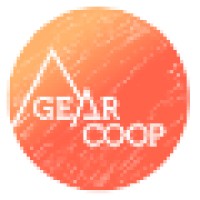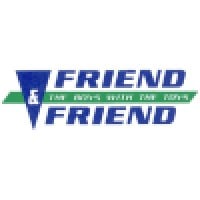
Gear Coop
Established in 2009 in Costa Mesa, California, Gear Coop is an outdoor retailer known for their “triple guarantee”—free return shipping, free 2-day shipping, and a lifetime guarantee on all products—which is totally unique within the outdoor industry. Hearkening back to their roots as a climbing shop, Gear Coop prides itself on its extensive variety of climbing gear, with over 100 models of climbing shoes plus harnesses, carabiners, and sport and trad gear always in stock. However, Gear Coop and its team of “GearCoopers” strive to outfit everyone who loves being outdoors. From backpacking to backcountry snowsports, they stock top brands including Arc’teryx, adidas Outdoor, The North Face, Mountain Hardwear, La Sportiva, Black Diamond, GoPro, and countless others. Shop and get more information at www.gearcoop.com.






